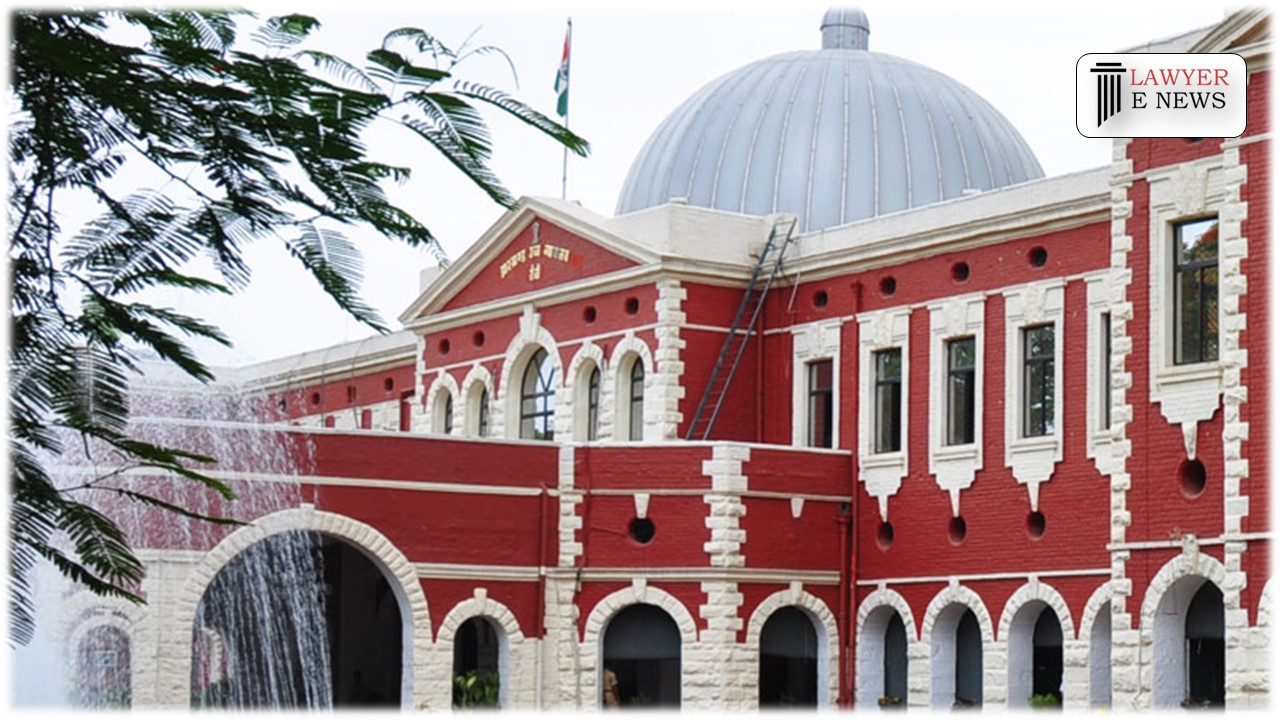-
by Admin
15 February 2026 2:36 AM



The High Court of Jharkhand at Ranchi has set aside a lower court's order on the quantum of maintenance to be paid by Vivek Rai to his estranged wife, Sunita Rai. The ruling, delivered by Hon'ble Justice Anubha Rawat Choudhary, emphasized the need for true disclosure of income, assets, and liabilities by both parties in accordance with the Supreme Court guidelines established in Rajnesh v. Neha.
Vivek Rai, the appellant, and Sunita Rai, the respondent, were married on July 3, 1998. No children were born from this union. Sunita Rai filed a case under Section 498A of the Indian Penal Code against Vivek Rai. Subsequently, the Principal Judge of the Family Court in Bokaro directed Vivek Rai to pay Rs. 10,000 per month as maintenance to Sunita Rai. Vivek Rai challenged this order, arguing that the court did not properly consider his unemployment and lack of documentary evidence regarding his income.
Requirement of True Financial Disclosure: The High Court underscored the necessity for both parties to provide accurate and comprehensive affidavits disclosing their financial status. Justice Choudhary referenced the Supreme Court's guidelines in Rajnesh v. Neha, highlighting that these disclosures should cover the financial status from the date of filing the original maintenance case to the date of filing the affidavits. The court observed, "True disclosure of income, assets, and liabilities by both parties is critical for the fair determination of maintenance."
Affidavits of Disclosure: The court directed both parties to file detailed affidavits as per the prescribed format outlined in the Rajnesh v. Neha judgment. Justice Choudhary stated, "Misrepresentation or false statements in these affidavits can attract proceedings under Section 340 of the Cr.P.C. and contempt of court."
Interim Maintenance: Until the final determination, the court ordered that Vivek Rai continue paying Rs. 10,000 per month as interim maintenance to Sunita Rai. The court directed, "The current maintenance amount will be subject to the final outcome of the case, with payments to be made before the last working day of each month."
The judgment extensively discussed the Supreme Court's directives for maintenance cases, particularly the requirement for true financial disclosures. Justice Choudhary noted, "The guidelines in Rajnesh v. Neha provide a structured approach for assessing the financial capabilities and needs of both parties, ensuring that maintenance awards are fair and based on factual data."
The court emphasized the significance of responsible pleadings and disclosures in matrimonial disputes, underscoring the legal and moral obligation of parties to present accurate information. Justice Choudhary remarked, "Responsible pleadings and true disclosures are fundamental to the integrity of judicial proceedings and the fair dispensation of justice."
Justice Choudhary remarked, "The obligation to provide true disclosures in maintenance proceedings is not merely procedural but goes to the very heart of ensuring justice and fairness in matrimonial disputes."
The High Court's decision to remit the matter for fresh determination based on accurate financial disclosures reiterates the judiciary's commitment to ensuring fairness in maintenance proceedings. By setting aside the impugned order and mandating detailed affidavits of disclosure, the court has underscored the critical role of transparency and honesty in such cases. This ruling is expected to have significant implications for future maintenance cases, reinforcing the importance of true financial disclosures and adherence to Supreme Court guidelines.
Date of Decision: May 10, 2024
Vivek Rai v. Sunita Rai
